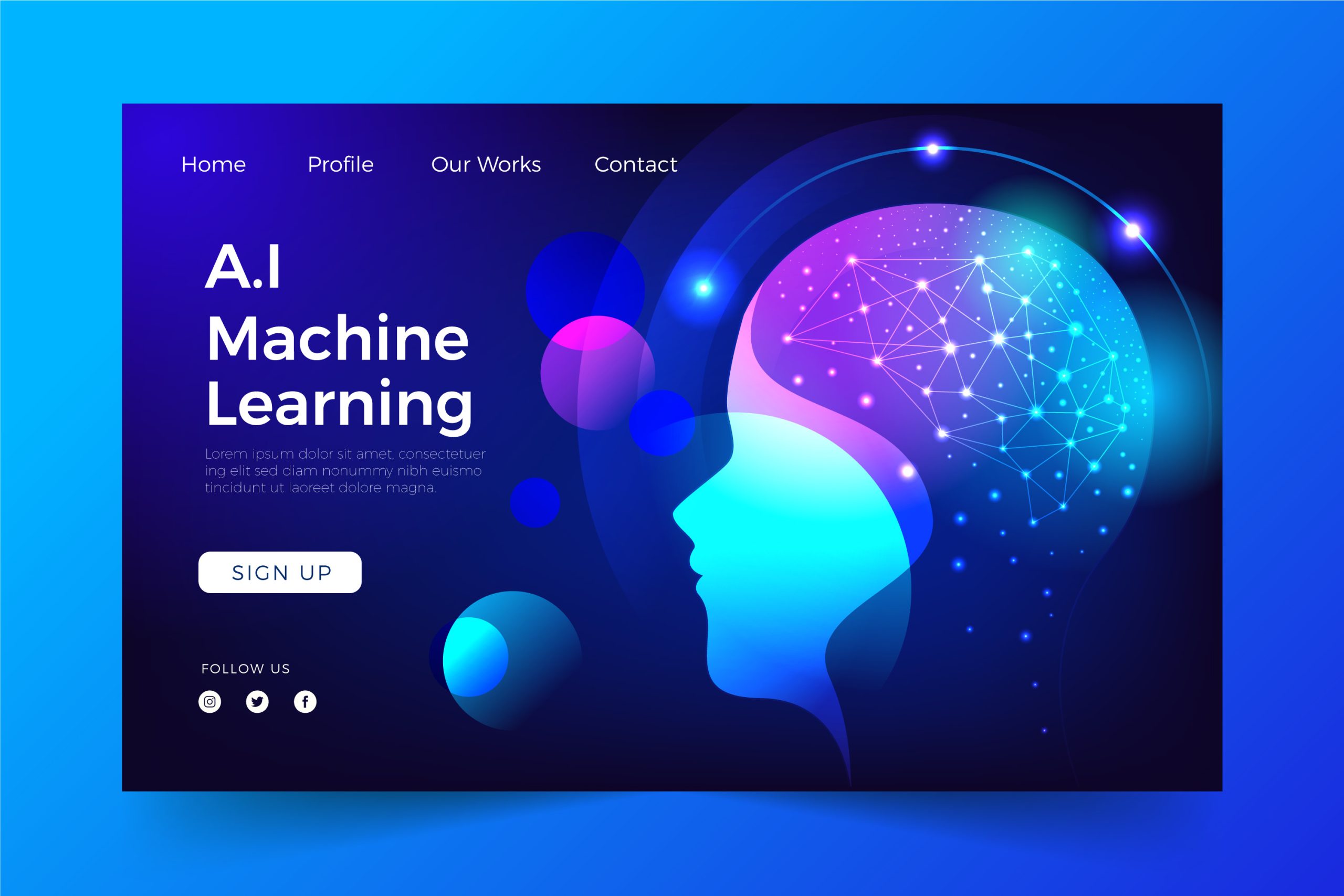Introduction
As the world continues to witness rapid advancements in technology, it is crucial to learn from the mistakes of the past and navigate the path ahead with wisdom and foresight. Artificial intelligence (AI) has emerged as a transformative force, and stakeholders including AI experts, lawmakers, and venture capitalists (VCs) are drawing lessons from the tech industry’s history to shape a responsible and sustainable future. In this article, we will explore how the collective experiences of AI, lawmakers, and VCs guide us towards a path of progress and avoid repeating past errors.
Embracing Lessons from Technological Evolution
Reflecting on Past Pitfalls
The tech industry has experienced its fair share of challenges and missteps. From privacy breaches to unintended consequences, there are invaluable lessons to be learned from these experiences. Recognizing the impact of these past pitfalls, the AI community is committed to addressing ethical concerns, social implications, and potential risks associated with AI technologies.
Applying Ethical Considerations
Learning from past mistakes, stakeholders are embracing ethical considerations as a guiding principle in AI development and deployment. This includes ensuring transparency, fairness, and accountability in algorithmic decision-making, addressing biases, and safeguarding privacy and data protection. By integrating ethics into the core of AI systems, we can build trust and promote responsible use of technology.
Legislating Responsible AI
Crafting Ethical Frameworks
Lawmakers play a crucial role in shaping the regulatory landscape for AI. Drawing insights from past challenges, they are crafting ethical frameworks that govern the development, deployment, and use of AI technologies. These frameworks focus on areas such as AI governance, data protection, algorithmic transparency, and accountability. By setting clear guidelines, policymakers enable the responsible advancement of AI while safeguarding the interests of individuals and society.
Collaborative Efforts for Global Impact
Recognizing the global nature of AI, lawmakers engage in collaborative efforts to establish international standards and frameworks. Multilateral organizations, industry alliances, and intergovernmental forums foster knowledge sharing and cooperation, ensuring consistent ethical practices across borders. By working together, policymakers strive to create a cohesive global approach to AI regulation, addressing the challenges and risks associated with AI’s widespread adoption.
Responsible Investments and Ethical Practices
Ethical Evaluation by Venture Capitalists
Venture capitalists have a crucial role in shaping the AI landscape through their investments. Building on the lessons of the past, responsible VCs incorporate ethical evaluation into their investment strategies. They assess the societal impact and ethical implications of AI startups before providing funding. By supporting companies that prioritize responsible AI practices, VCs contribute to the development of an ethical and sustainable AI ecosystem.
Promoting Ethical Innovation
VCs actively seek out and promote startups that embrace ethical AI principles. They provide financial support, mentorship, and guidance to foster the growth of these ethical ventures. By nurturing ethical innovation, VCs contribute to the creation of AI technologies that benefit society, uphold human values, and mitigate the risks associated with unchecked technological progress.
Conclusion
As we navigate the path ahead, it is essential to heed the lessons learned from the tech industry’s past. The AI community, lawmakers, and venture capitalists are committed to building a future where technology serves the greater good. By embracing ethical considerations, crafting responsible regulations, and promoting ethical innovation, we can harness the potential of AI while avoiding the pitfalls of the past. Through collaboration, transparency, and a shared commitment to responsible practices, we can create a future where AI truly enhances human well-being, fosters societal progress, and sets new standards for technological advancement. Let us learn from history and shape a future that maximizes the benefits of AI while safeguarding our collective interests.




